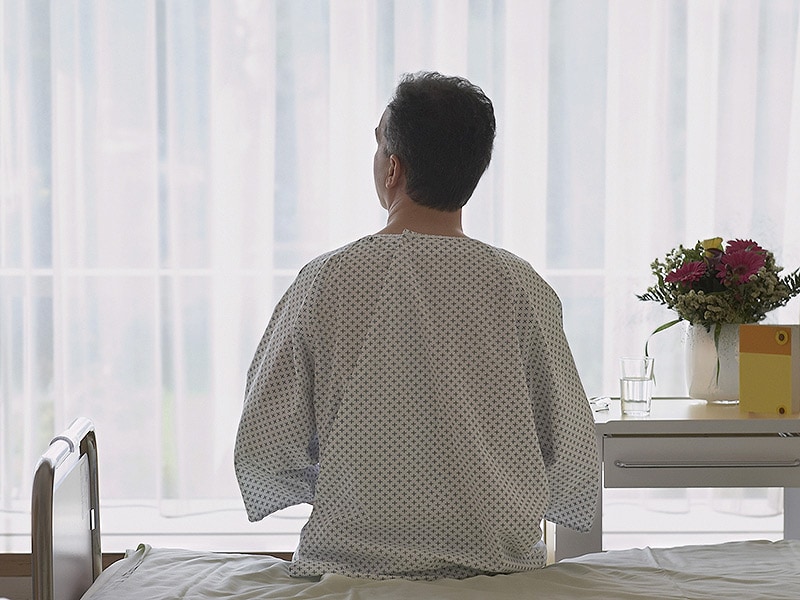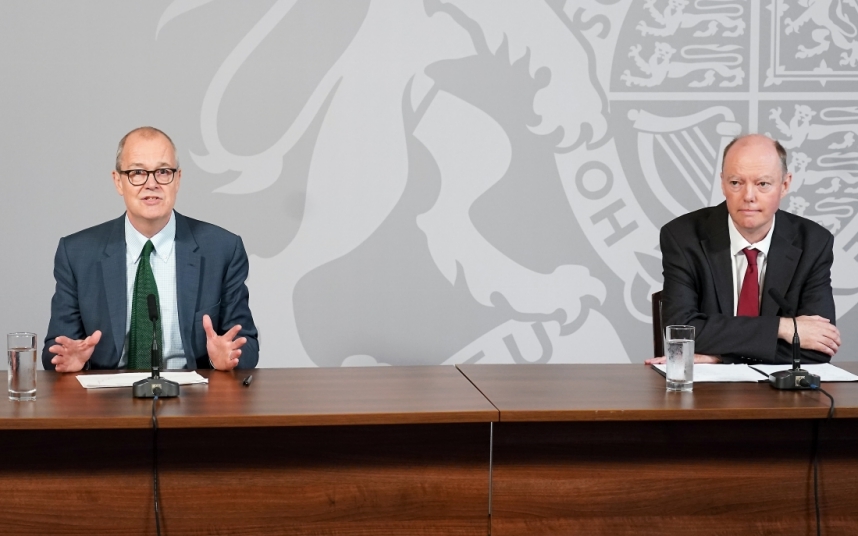Northerner
Admin (Retired)
- Relationship to Diabetes
- Type 1
The condition commonly called 'long COVID' may not be one syndrome but possibly up to four different syndromes, according to a new review.
The finding comes from a dynamic themed review of available scientific evidence published by the National Institute for Health Research (NIHR).
The paper, Living with COVID19 draws on the latest expert consensus and published evidence, as well as the experience of patients.
It formed the first output from the NIHR Centre for Engagement and Dissemination (NIHR CED) which is working towards a real-time knowledge base in what is an emerging field.
It is estimated that as many as 60,000 people in the UK may have long COVID.

The finding comes from a dynamic themed review of available scientific evidence published by the National Institute for Health Research (NIHR).
The paper, Living with COVID19 draws on the latest expert consensus and published evidence, as well as the experience of patients.
It formed the first output from the NIHR Centre for Engagement and Dissemination (NIHR CED) which is working towards a real-time knowledge base in what is an emerging field.
It is estimated that as many as 60,000 people in the UK may have long COVID.

Long COVID 'May Be Four Syndromes'
Review of ongoing COVID published by the National Institute for Health Research says wide range of symptoms creates diagnostic uncertainty.
www.medscape.com

